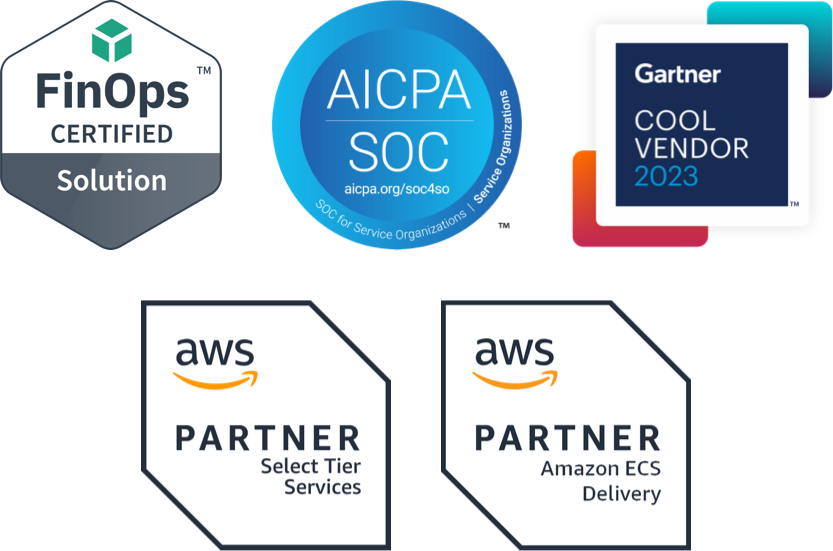Why Kubernetes
Adopting cloud native application development comes hand in hand with deploying Kubernetes
Sales: +1 617-202-3659
Benefits of Kubernetes
Kubernetes offers a portable and extensible platform for managing containerized workloads. Adopting the open source, container orchestration platform greatly benefits your entire organization.
Faster Time to Market, Greater Agility
Kubernetes lets you focus on what you do best: shipping a great application or service. It takes care of the "busy-work" of maintaining healthy infrastructure, so you can spend your time hardening your architecture, improving developer workflows with APIs they understand and can work with, and shipping new features. That’s good for customers and good for business.
The Ease of PaaS, Customized for You
Customers expect your application to be up and running and highly performant. As consumers, we all have the same high expectations. That calls for all companies to build scalable, modern applications to strategically support business objectives. Cloud native technologies - microservices, containers and Kubernetes enable you to build and run scalable applications in modern, dynamic cloud environments. It gives you the ease of a PaaS, customized to your needs.
Move from Monolithic to Cloud Native Microservices
Building scalable, modern applications requires the move from monolithic applications (apps are built as a single and inseparable unit where all functions are managed and served in one place) to cloud native microservices application architecture (apps are broken into a collection of smaller independent units that are debugged, updated, and deployed individually without projects coming to a standstill).
Containers are an enabling technology and provide the foundation for microservices. Containers are lightweight and portable, helping you embrace modern application development.
Kubernetes Manages Your Containers
Kubernetes is a container orchestration platform that allows you to manage containers that run your apps and automates downtime response. It’s open source and backed by a big community of developers.
Kubernetes is the de facto standard for container orchestration due to its portability, scalability, and high availability.
Kubernetes Contributes to Strategic Business Objectives
Maximize capacity to save cost
Adapt to demand
Reduce downtime
Distribute risk
Maximize capacity to save cost
Maximize capacity to save cost
Kubernetes distributes containers in a logical and efficient way. You save resources and budget by maximizing capacity.
Adapt to demand
Adapt to demand
Kubernetes autoscaling feature automatically scales up (or down) quickly, allowing you to adapt your application to demand without manual intervention.
Reduce downtime
Reduce downtime
Kubernetes is self-healing. It keeps processes continuously running and healthy, reducing downtime.
Distribute risk
Distribute risk
Kubernetes ensures no single point of failure, helping to distribute risk so your app runs smoothly.
Fairwinds + Kubernetes = Enablement
Kubernetes is not a set-and-forget platform; managed Kubernetes services from cloud providers help get you started faster, but even perfectly built infrastructure needs to be monitored, configured, and managed by dedicated DevOps resources. You need a highly skilled infrastructure team to manage Kubernetes, which requires hiring, onboarding, ongoing education, and retention. Depending on where you are in your cloud native journey, you may have a limited DevOps staff; have the staff but need more expertise; or have expert teams but need more infrastructure visibility. Fairwinds can help by applying years of Kubernetes best practices to your deployment.
Community Resources
Check out our Blog page to learn more about how Fairwinds Managed Kubernetes Service is working for other businesses
Why Cause Chaos? The Benefits of Having a “Chaos Day”
Read more
Can’t Miss Keynotes & Tech Talks at KubeCon Europe 2025
Read more
How to Keep Kubernetes Infrastructure Running When You Lost Your SRE
Read more

